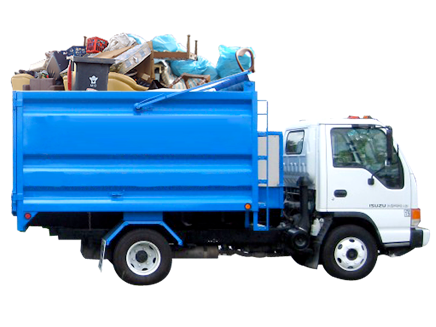DIFFERENT TYPES OF WASTE MANAGEMENT AND THEIR TREATMENT
If you are a business owner running a manufacturing unit or a business, you must understand the concept of different types of waste management that your business might produce and how to manage them eco-friendly? Waste is created of different material that needs to proper disposal and treatment. It is very crucial to understand and segregate the whole waste according to its nature and possible disposal. There are various types of waste produced by different industries, and all require different disposal methods and should be taken proper care of by a business with expertise in that field.
Recycling is the best environment-friendly way to get the best out of waste. It refers to the reuse of waste material and makes a new usable thing out of it. Physical reprocessing, biological reprocessing, and energy recovery are a few different methods of recycling. It supports zero waste strategies and sustainability targets that minimize the amount of unrecoverable waste dumped in landfills. Let’s try to understand various wastes that is recycled and how another waste is treated.
Solid Waste
Material such as paper, cards, plastics, metal and aluminum cans, food packaging, Glass and ceramics, bulbs, inkjet cartridges, and batteries are examples of solid waste recycled through the most common recycling methods, and that is physical reprocessing. Through this method, a new product is created by using this type of solid waste.
Organic Waste
Materials such as food scraps, plants, and paper products can also be decomposed into organic matter. All the waste materials are dumped in a container until they decompose. The organic matter produced from this type of recycling can then be used for things such as agricultural uses.
Waste to Energy
The last way to recycle waste is to get energy. The waste to energy process involves converting those non-recyclable waste materials into renewable energy, electricity, or fuel by various processes. This type of energy is a source of renewable energy as non-recyclable waste can be used repeatedly to build it.
General Waste
Ordinary waste is non-hazardous waste used in clinics or cannot be reused or recycled. They are usually collected by local authorities or private waste management company, and most are dumped at landfills. General waste should always be disposed of safely and adequately. Garbage is collected in black bins, placed in wheeled bins, and escaped to collect. It is against the law to dispose of any hazardous waste in standard waste.
Hazardous Waste
Hazardous waste includes all types of flammable, toxic, reactive, and corrosive waste. These substances can harm you and the environment and should be disposed of properly. Therefore, always use a reputable waste management company to properly dispose of all hazardous waste. According to their nature, these types of waste should be disposed of in these four ways- Recycling, Incineration and Destruction, Pyrolysis, and Disposing of in a landfill.
Liquid Waste
Liquid waste is commonly found in both industries and households. This waste includes organic liquids, dirty water, wash water, waste detergents, and even rainwater. This type of water should be appropriately treated to reuse before being released into the natural water resources.



Comments
Post a Comment